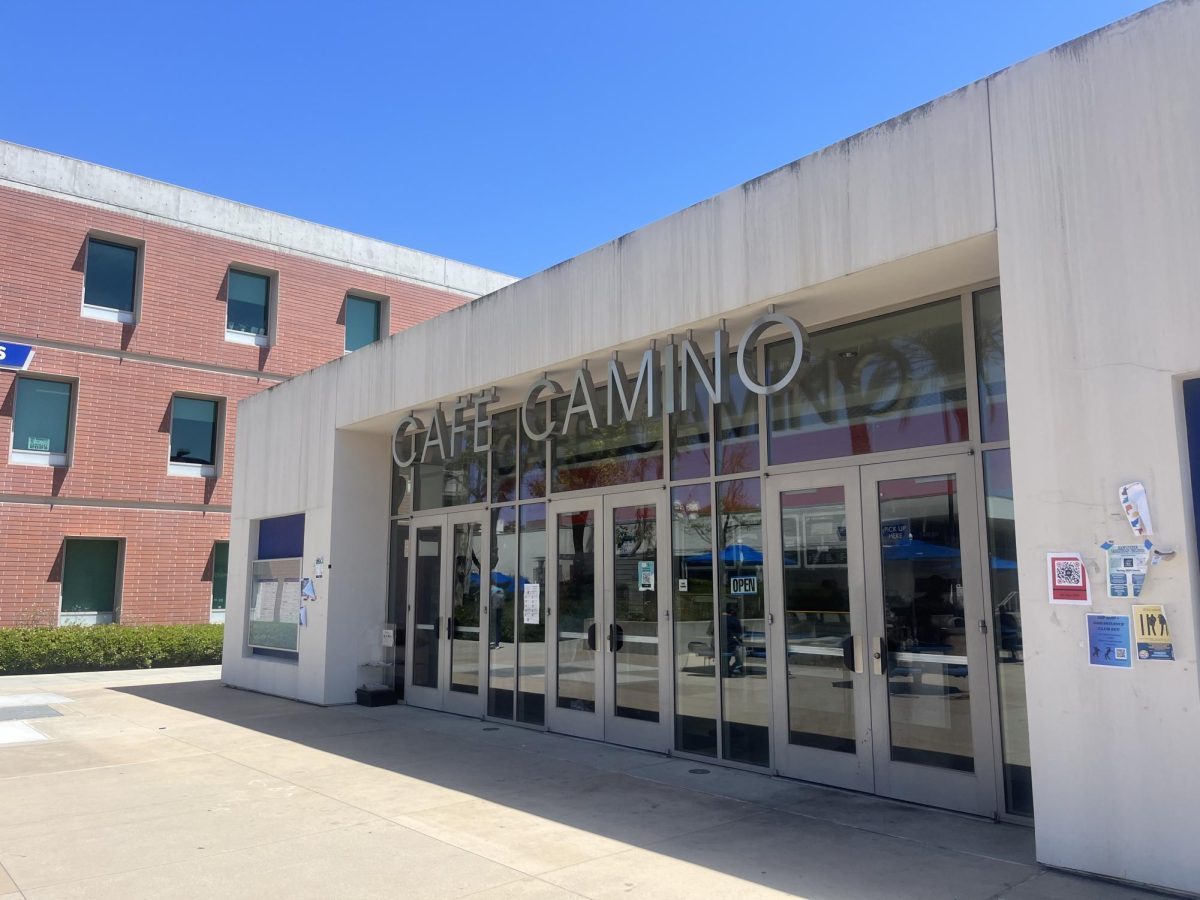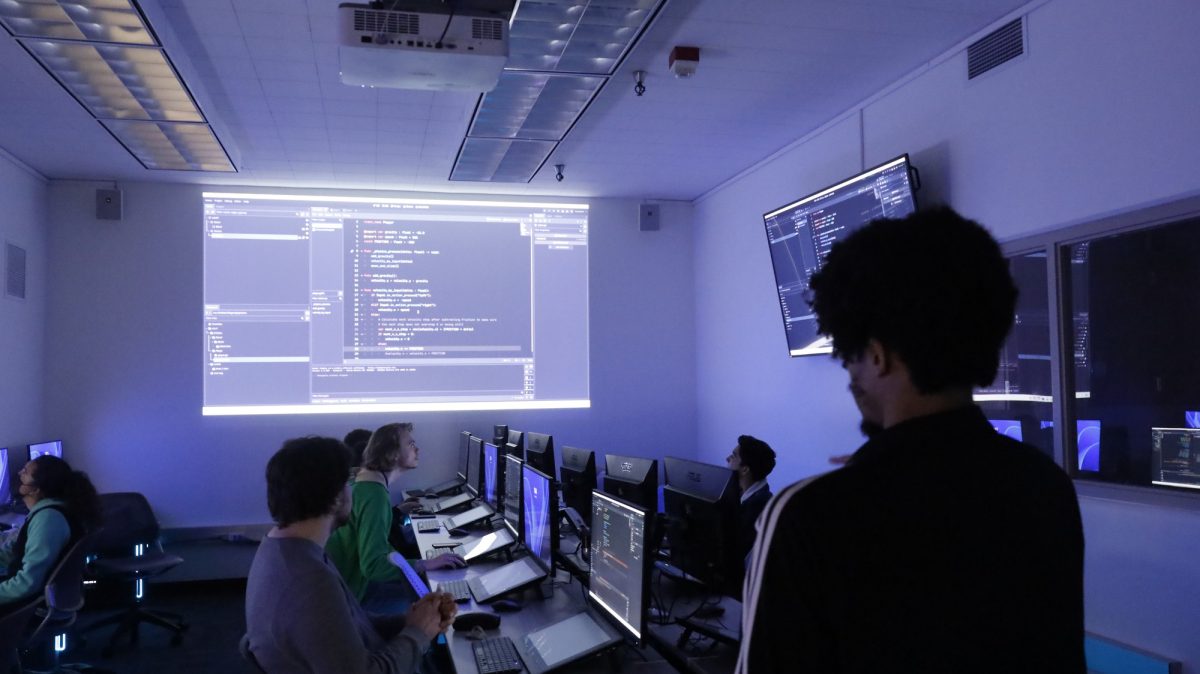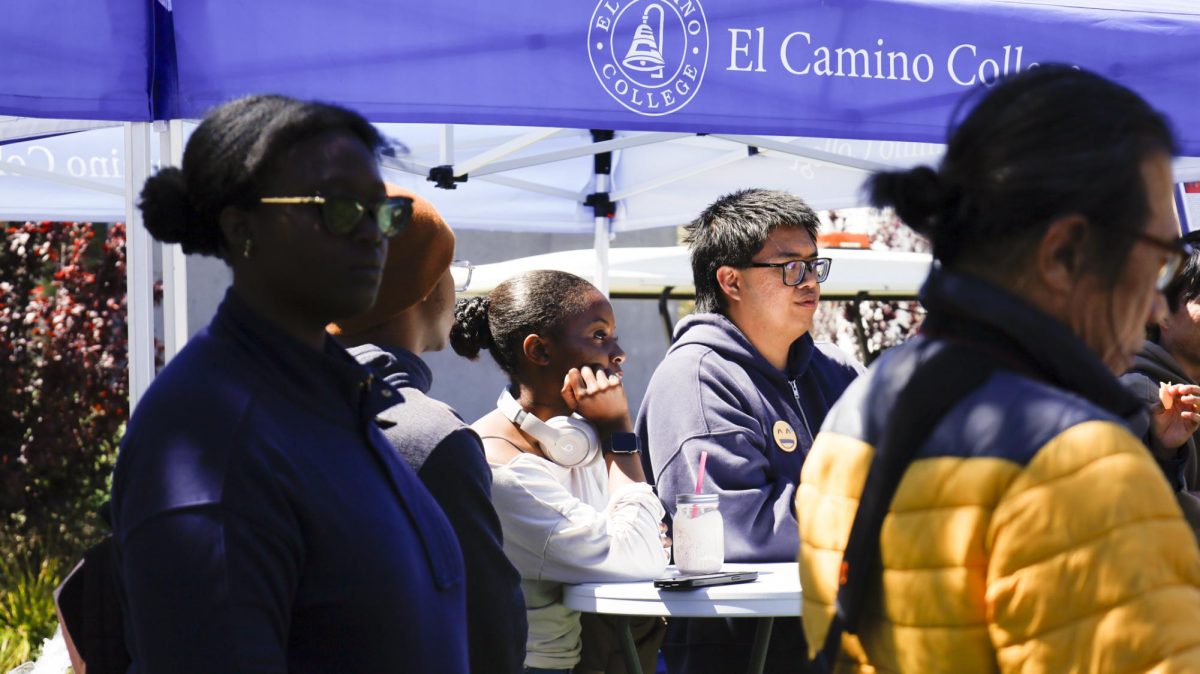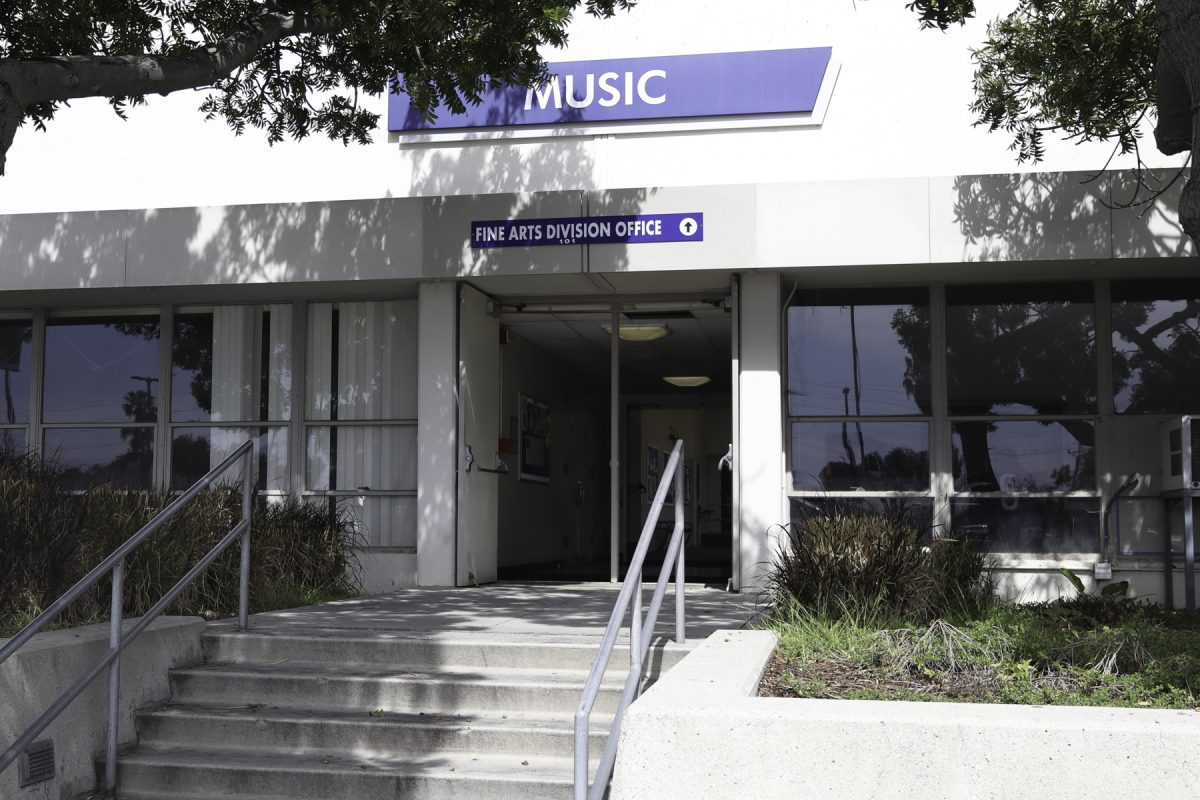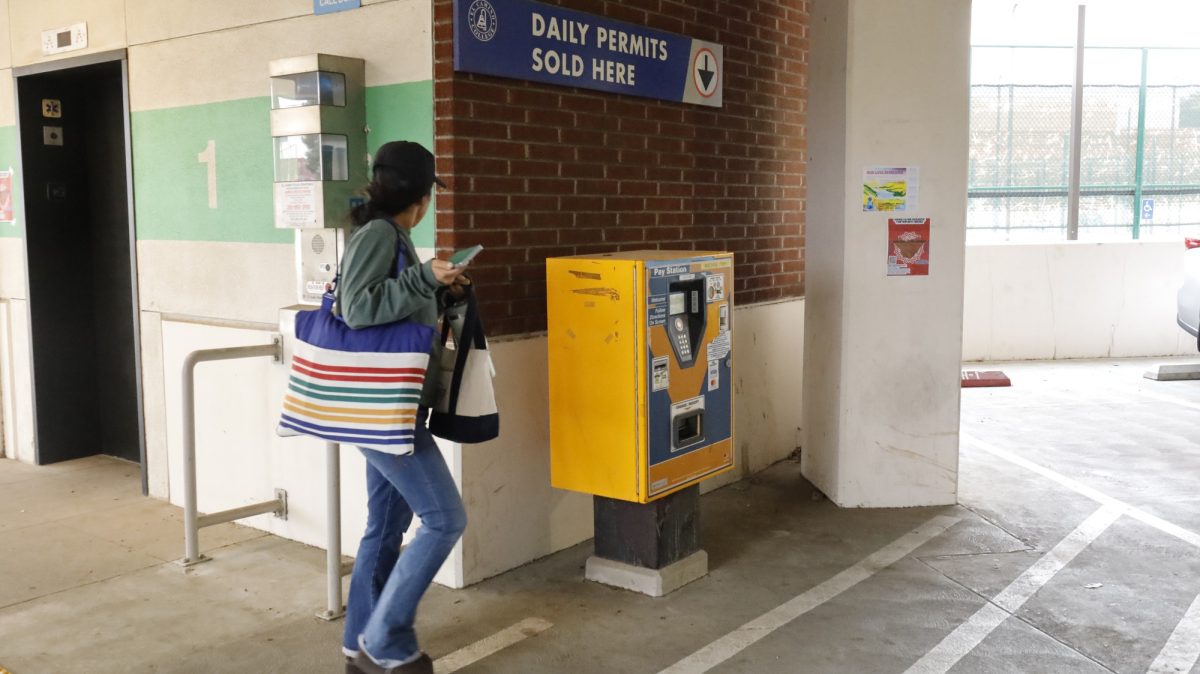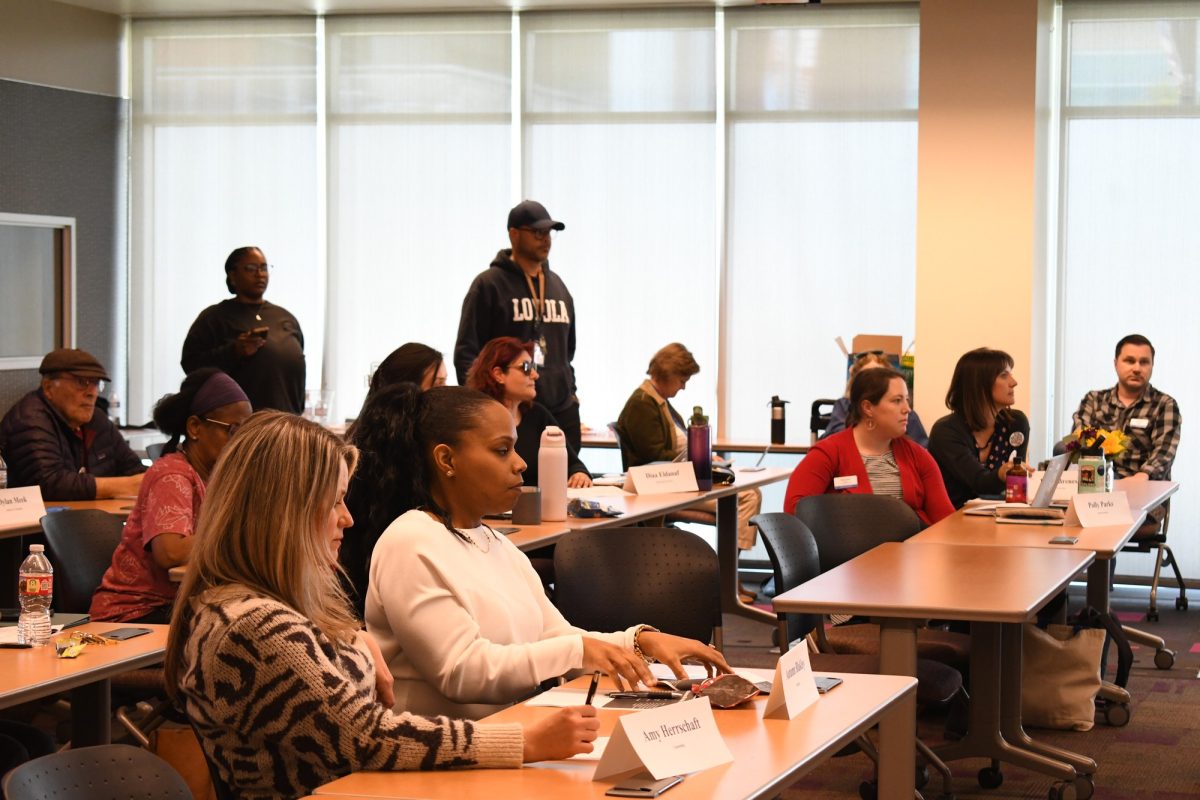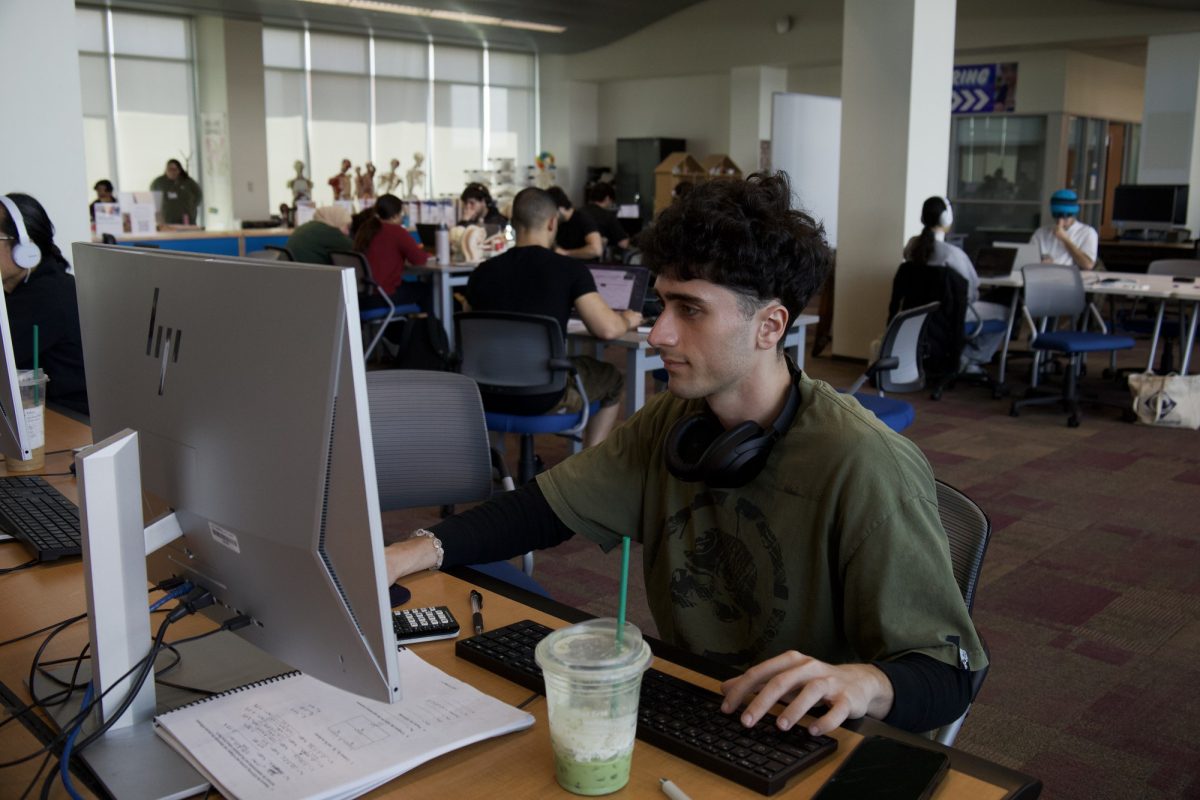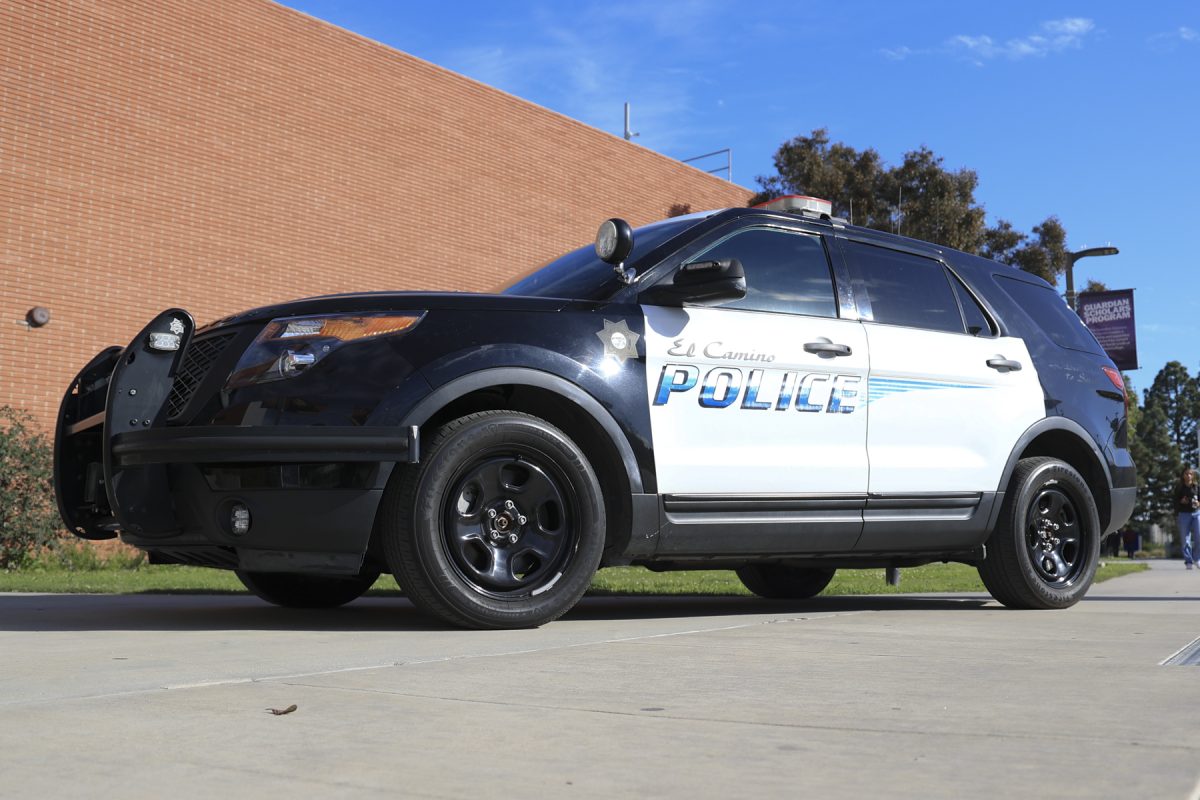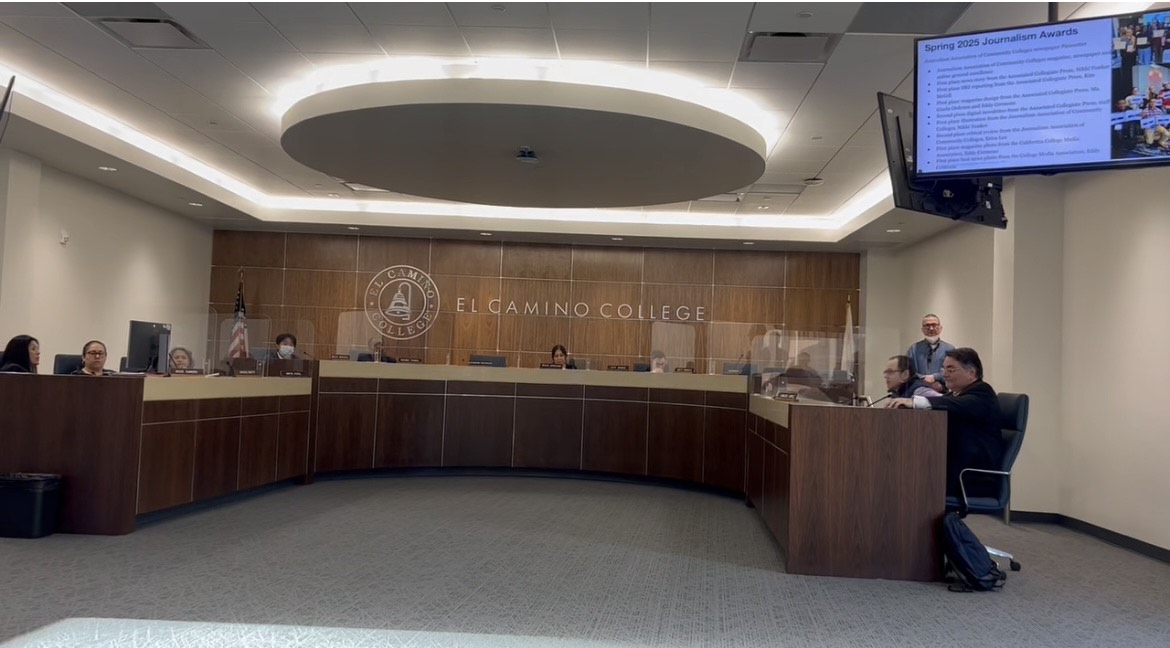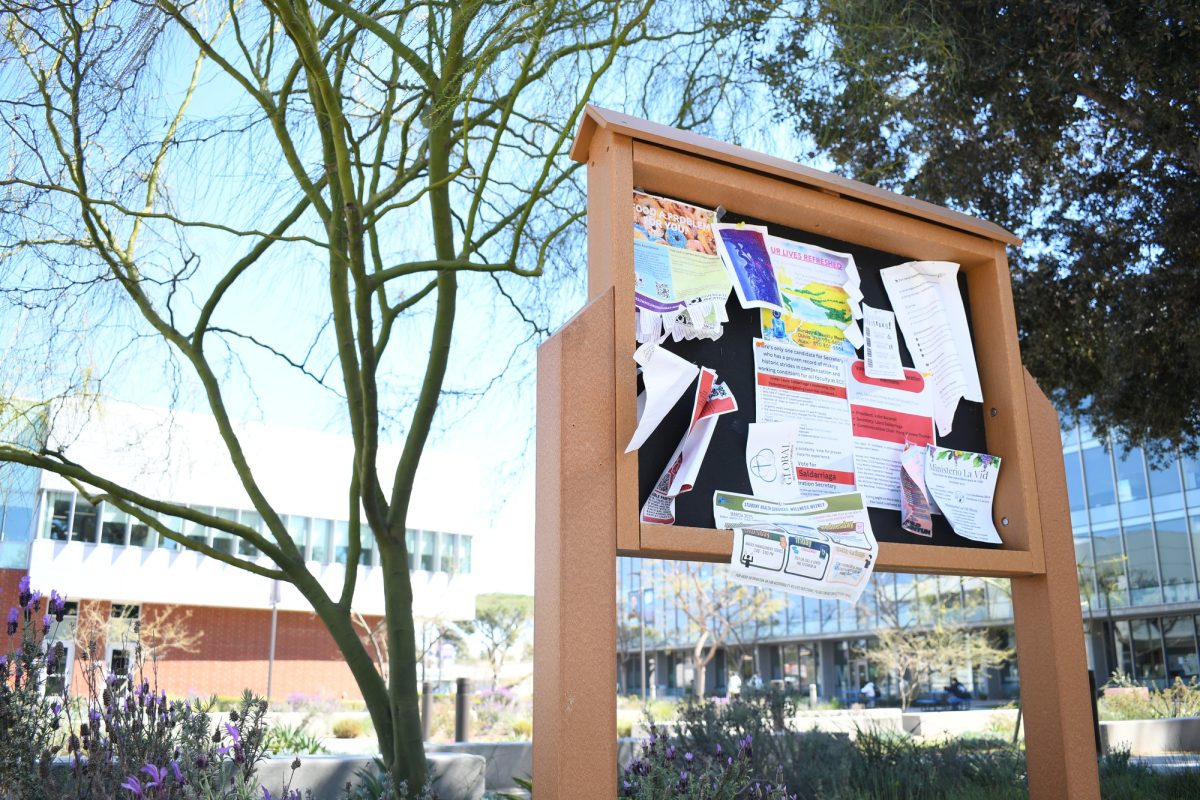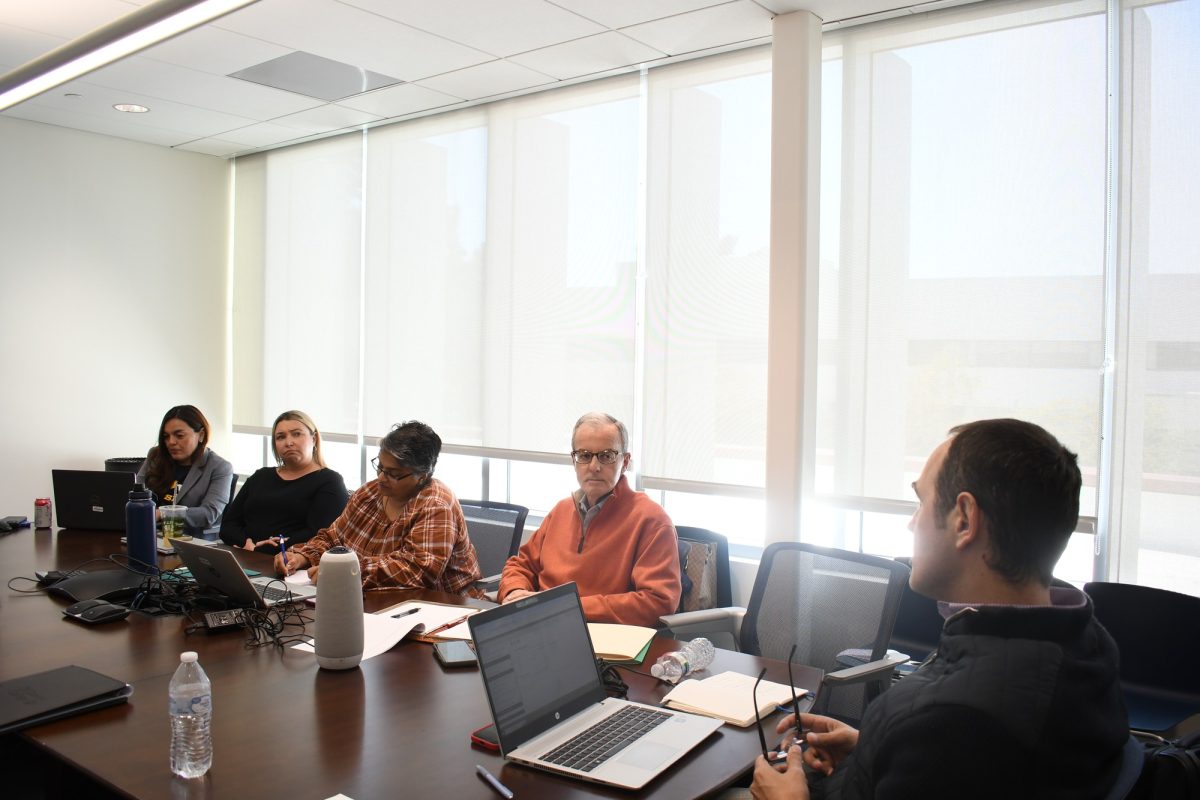El Camino College has two open dining options for students on campus and both lack halal, vegan, or kosher meal options for students who have specific dietary requirements.
Surrounding community colleges around El Camino also do not have options for students with special health needs requiring them to go off campus if they want to find something to eat.
However at Cerritos College, Long Beach City College and Mt. San Antonio College, they are able to cater to students with special health needs due to their culinary student-run restaurants.
Out of the 10 largest community colleges in the Los Angeles area, 30% of the campuses offer a student-operated dining option made up of students from the college’s culinary arts program.
In comparison, 41% of community colleges in California offer culinary arts programs as part of their catalog, according to the California Community College Chancellor’s Office Data Mart.
Michael Pierini, a culinary arts professor and chef at Cerritos College, says the culinary arts program benefits students and the campus community by bringing fresh dining options for students.
“These students operate a student cafe, which offers quality and healthy food options to our campus at below-retail prices. Our students work as interns and log in 800+ hours, so when they graduate, they are ready for employment in the commercial world,” Pierini said.
The last time El Camino offered culinary classes was in 2009 and they have not returned since.
Vice President of Academic Affairs Carlos Lopez said if El Camino were to bring the culinary program back, it would require a state-of-the-art culinary arts program in order to best prepare students for working in the industry in the Los Angeles area.
“This would require a significant investment of resources for kitchen and lab space, classroom space and a possible restaurant space,” Lopez said. “El Camino has not passed preliminary discussions about bringing the culinary program back.”
Wyatt Williams, a 20-year-old STEM major, spends a lot of time on campus and he rarely eats at Cafe Camino or El Cappuccino, the two on-campus dining options El Camino has.
“I often might grab a snack from the vending machines but the options on campus are often closed when I am here during the evening, so I have to head off campus if I want something to eat, which is ok since there are many options across the street,” Williams said.
Popular restaurant options across the street from El Camino’s campus include Chicken Maison, Chick-fil-A, McDonald’s, and Gigi’s Pizza.
Café Camino, which is the main dining option on campus, offers lunch and sandwiches and closes at 3 p.m.
El Cappuccino, a cafe that offers Starbucks products and breakfast, closes at 2 p.m.
Both of these on-campus dining options at El Camino are provided through a contract with Pacific Dining Food Service Management.
“There is currently not enough traffic in the late afternoon and evenings to support extending hours beyond what the hours are currently at,” Jonathan McMahon, Pacific Dining’s Food Service district manager, said.
The Associated Students Organization, the student government of El Camino, proposed a resolution to improve the college’s current dining options which was released on March 15.
“The Associated Students Organization of El Camino College supports a food vendor that will cater halal, vegan, and kosher meal options to all students and supports a food vendor that will accept EBT,” according to the resolution.
The food service committee is a campus committee currently chaired by the Director of the Bookstore, Julie Bourlier, and is made up of 10 different El Camino faculty members.
“The ultimate goal of the committee has been to improve the food services available on campus, including having healthy options, for a variety of religious and dietary needs, at affordable costs,” Danielle Kabboul, who serves as a student representative on the committee, said.
Community colleges are typically commuter schools and many students do not stay on campus for extended periods, especially as it gets later in the day.
UC Irvine Dining Director Lin Tang said community colleges may not want to add restaurants to their campuses because it might not make sense financially since there is not a steady stream of revenue.
“UC Irvine is different because we have over 16,000 students that live on campus, so there is a captive audience that might visit our restaurants, Tang said.
Dining options across Southern California community colleges
El Camino College: Two dining options
Santa Monica College: Two dining options
Orange Coast College: One university-style dining center with multiple options, as well as one other dining option and an on-campus Starbucks
Cerritos College: Food Court with three options, along with two student-operated culinary restaurants
Long Beach City College: One cafeteria, along with a student-operated bakery and bistro
Mt. San Antonio College: One dining center along with a student-operated culinary cafe
Orange Coast College is the only Southern California community college to provide on-campus housing, which allows students to stay and eat if they live on campus.
Anis Wakim, Orange Coast food services manager, said one reason to bring a dining hall to campus was to enhance the student experience.
“We recognize that access to quality dining options is essential for student success and well-being. By offering meal swipes and a variety of culinary choices, we aim to enhance the overall student experience and support their academic endeavors,’’ Wakim said.
Orange Coast adapted a university-style dining hall where students can use meal swipes. Prices depend on the number of swipes they purchase.
El Camino has the Warrior Pantry, which is located on the second floor of the Bookstore, where students can go and grab fresh food and groceries free of charge.
Students at California’s community colleges are now able to get help with basic needs from a basic needs center and coordinator
The community college system received a one-time allocation of $100 million and a yearly allocation of $40 million to support basic need coordinators, according to an Edsource report.

Daniel Torres,20, an aerospace engineering major, said El Camino is like his second home because he also works during the week at the Bookstore.
Torres said he hopes to see El Camino’s dining options change over the next year as he thinks it is important to have good healthy options on campus.
“I try to eat healthy as much as I can but when I am on campus it is hard to do so because of the on-campus options and the options across the street are not the healthiest either,” Torres said.



